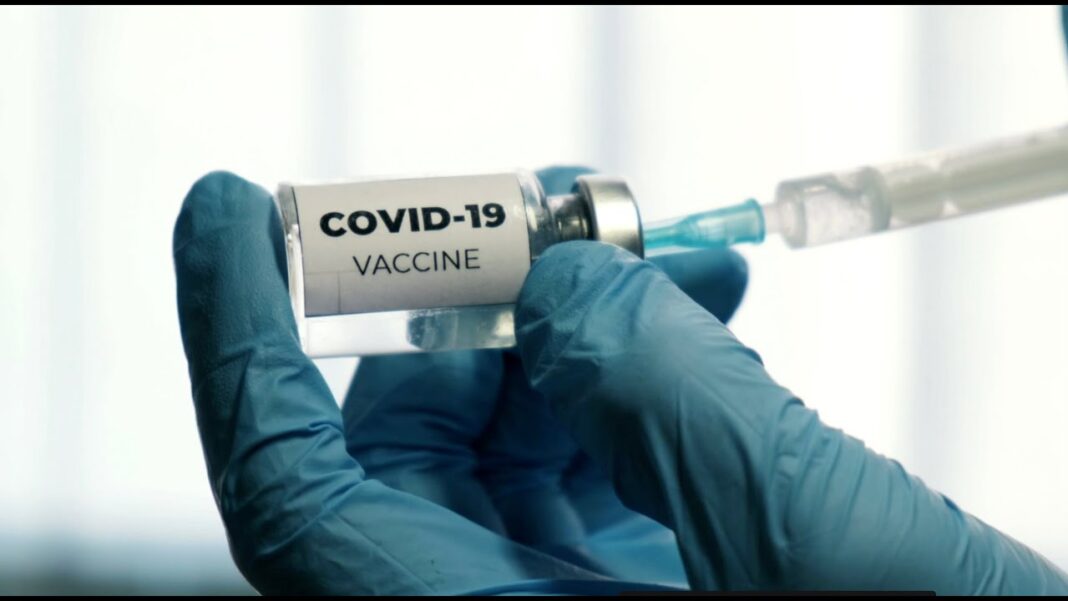The new regulations are part of the Biden administration’s bid to accelerate the manufacture and adoption of electric vehicles.
The Biden administration announced on March 29 strict regulations for heavy-duty vehicles that would affect bus and freight truck models for 2027 until 2032, according to the Environmental Protection Agency (EPA).
The agency said this development will avoid up to 1 billion tons of greenhouse gas emissions over the next three decades and provide $13 billion in net benefits in the form of fewer hospital visits, lost work days, and deaths.
The new standards will especially benefit an estimated 72 million people in the United States who live near freight routes used by trucks and other heavy vehicles and bear a disproportionate burden of dangerous air pollution, according to the EPA.
“In finalizing these emissions standards for heavy-duty vehicles like trucks and buses, EPA is significantly cutting pollution from the hardest working vehicles on the road,” said EPA Administrator Michael S. Regan. ”Building on our recently finalized rule for light- and medium-duty vehicles, EPA’s strong and durable vehicle standards respond to the urgency of the climate crisis by making deep cuts in emissions from the transportation sector.”
Some stakeholders expressed support for the new standards.
“The EPA’s new heavy-duty emissions rule is challenging, but Ford is working aggressively to meet the moment. Our industry is making important progress to reduce greenhouse gas emissions in both light- and heavy-duty vehicles,” said Cynthia Williams, Ford Motor Company’s global director for sustainability, in a statement.
“We also need policymakers to pair emission standards with incentives and public investment so that we can continue to deliver on the next generation of vehicles and for our nation to lead the future of this industry,” she continued.
“Ultimately, the successful transition of the commercial vehicle industry is dependent on the availability of reliable zero emission charging and refueling infrastructure and the ability to conduct business at a reasonable cost of ownership,” said Sean Waters, vice president of product integrity for Daimler Truck North America.
But not everyone is on board with the new EPA regulations.
Truckers Sound the Alarm
The American Trucking Associations and the Owner-Operator Independent Drivers Association, which represent large swaths of the industry, predicted supply chain failures and said that smaller independent firms would likely hang onto older diesel trucks that spew more pollution, running counter to the EPA’s goals.






